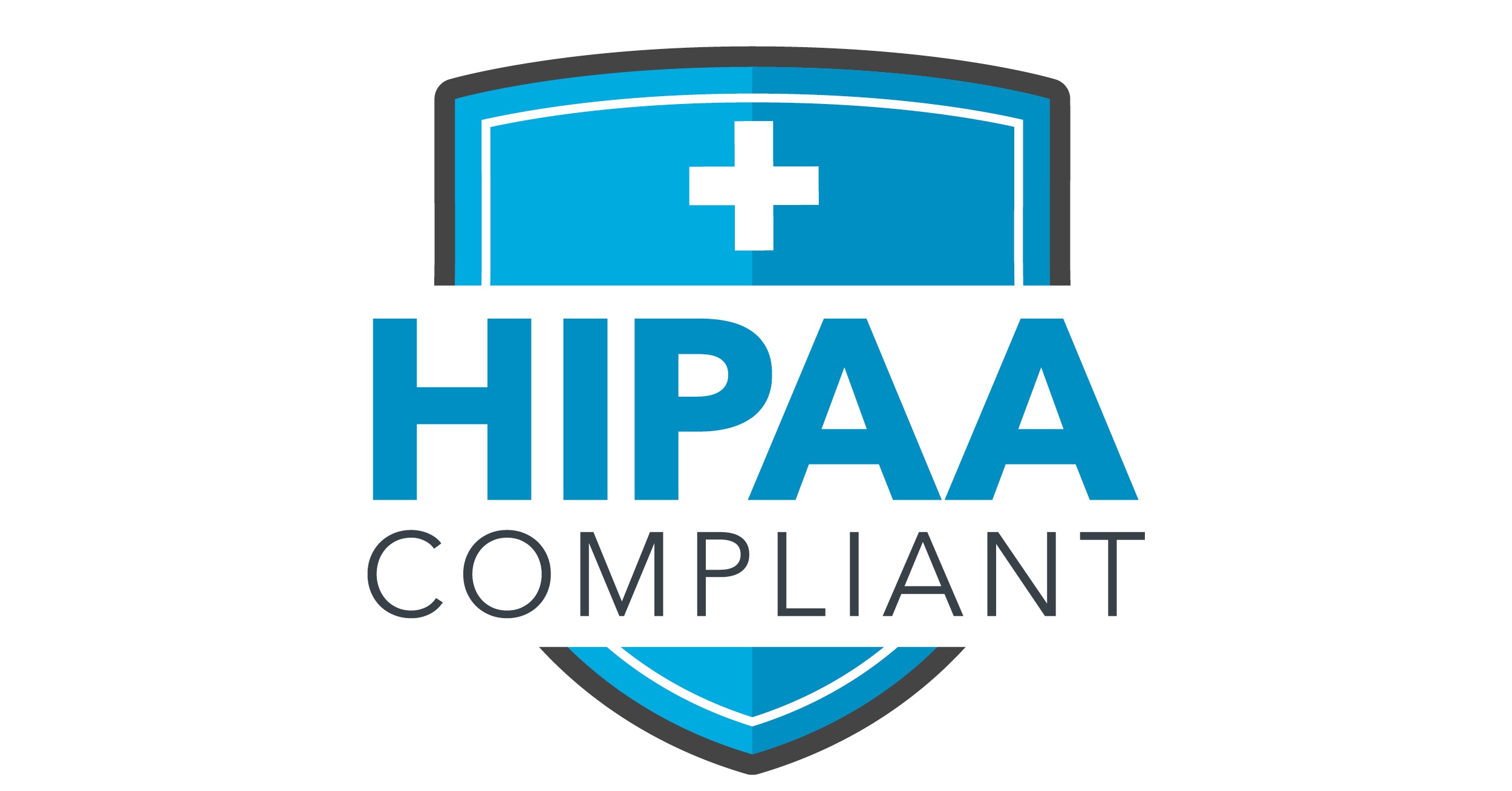31++ Hipaa Privacy And Security Rules For Electronic Health Records
Hipaa Privacy And Security Rules For Electronic Health Records. Department of health & human services 200 independence avenue, s.w. Ad 100% online hipaa compliance course.

Patient care in a digital age means that most information is stored electronically. The hipaa security rule establishes national standards to protect individuals’ electronic personal health information that is created, received, used, or maintained by a covered entity. Office for civil rights headquarters.
grande planche en bois apero housse fauteuil jardin house of cards cast season 6 episode 5 guide de chape amazon
Policies, Procedures, and Documentation Requirements
The hipaa security rule establishes national standards for the security of electronic protected health information (phi). Hipaa and electronic medical records are inextricably linked. Ad 100% online hipaa compliance course. Involved in health information privacy and security are described below.

While the hipaa privacy rule gave patients and health plan members the right to obtain copies of their phi, the hitech act increased those rights to include the option of being provided with copies of health and medical records in electronic form, if the covered entity maintains health. It led to the subsequent implementation of the privacy rule in 2003.

Hipaa rules have detailed requirements regarding both privacy and security. The security rule contains the administrative, physical, and How does hipaa affect electronic medical records? A few possible measures that can be built in to ehr systems. The security rule protects a subset of information covered by the privacy rule, which is all individually identifiable health information a covered entity.

It led to the subsequent implementation of the privacy rule in 2003 and the security rule in 2005. With the health insurance portability and accountability act (hipaa) in. The hipaa privacy rule establishes national standards to protect individuals' medical records and other individually identifiable health information (collectively defined as “protected health information”) and applies to health plans, health care clearinghouses,.

Actions and programs • the hipaa privacy, security, and breach notification rules, as updated by the hipaa. With the health insurance portability and accountability act (hipaa) in. The security rule specifies a series of administrative, technical and physical security safeguards for covered entities and their business associates to assure the integrity, availability and confidentiality of electronic phi. Your practice, not.

Ad 100% online hipaa compliance course. Hipaa is a federal law, whose purpose is to regulate the privacy. The hipaa security rule establishes national standards for the security of electronic protected health information (phi). While the hipaa privacy rule gave patients and health plan members the right to obtain copies of their phi, the hitech act increased those rights to.

Put in place the health insurance portability and accountability act of 1996 (hipaa) privacy rule to ensure you have rights over your own health information, no matter what form it is in. The hipaa privacy rule establishes national standards to protect individuals' medical records and other individually identifiable health information (collectively defined as “protected health information”) and applies to health.

Health insurance portability and accountability act (hipaa), covered entities (including health plans, health care clearinghouses, and most health care providers) are required to comply with three primary sets of rules— privacy, transactions and code sets (sometimes called electronic data interchange or edi), and security. Hipaa and electronic medical records are inextricably linked. Hipaa and osha are both federal laws. The.